Filter resources by type or complexity
All AdvancedArticleBeginnerIntermediateReportResearch PaperVideo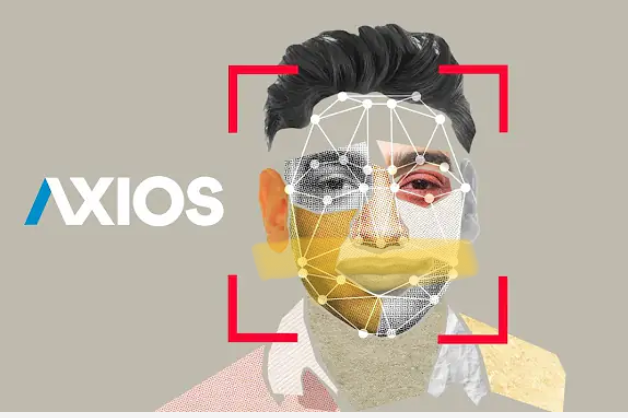
Biases are being baked into artificial intelligence
When it comes to decision making, it might seem that computers are less biased than humans. But algorithms can be just as biased as the people who create the… Quick, concise Axios video that describes algorithmic bias, how and why human bias ends up in systems used for hiring and criminal justice among other things.
Read More
Can make-up be an anti-surveillance tool?
As protests against police brutality and in support of the Black Lives Matter movement continue in the wake of George Floyd’s killing, protection against mass surveillance has become top of mind. This article explains how make-up can be used both as a way to evade facial recognition systems, but also as an art form.
Read More
Another arrest, and jail time, due to a bad facial recognition match
A New Jersey man was accused of shoplifting and trying to hit an officer with a car. He is the third known black man to be wrongfully arrested based on face recognition.
Read More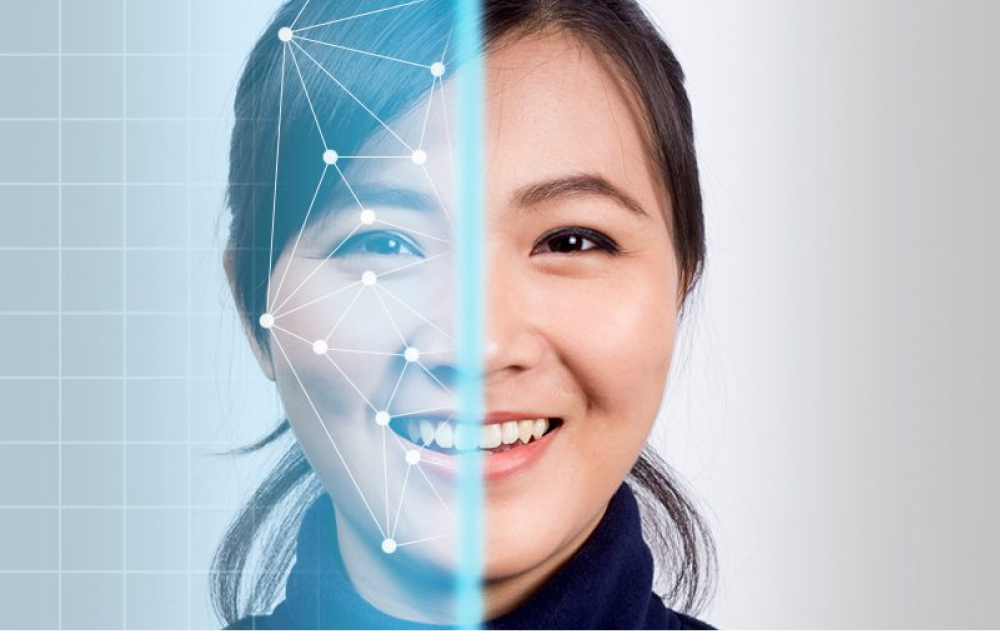
AI in immigration can lead to ‘serious human right breaches’
This video refers to a report from the University of Toronto’s Citizen Lab that raises concerns that the handling of private data by AI for immigration purposes could breach human rights. As AI tools are trained using datasets, before implementing those tools that target marginalized populations, we need to answer questions such as: Where does […]
Read More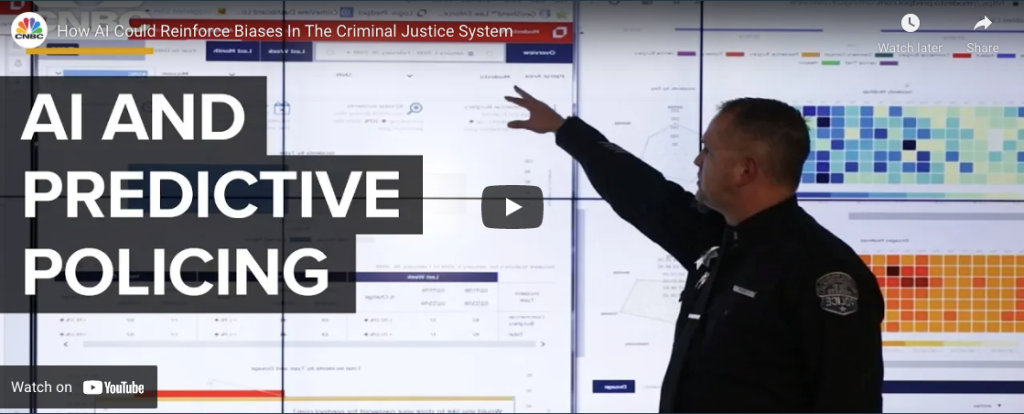
How AI Could Reinforce Biases In The Criminal Justice System
Whilst some believe AI will increase police and sentencing objectivity, others fear it will exacerbate bias. For example, the over-policing of minority communities in the past has generated a disproportionate number of crimes in some areas, which are passed to algorithms, which in turn reinforce over-policing.
Read More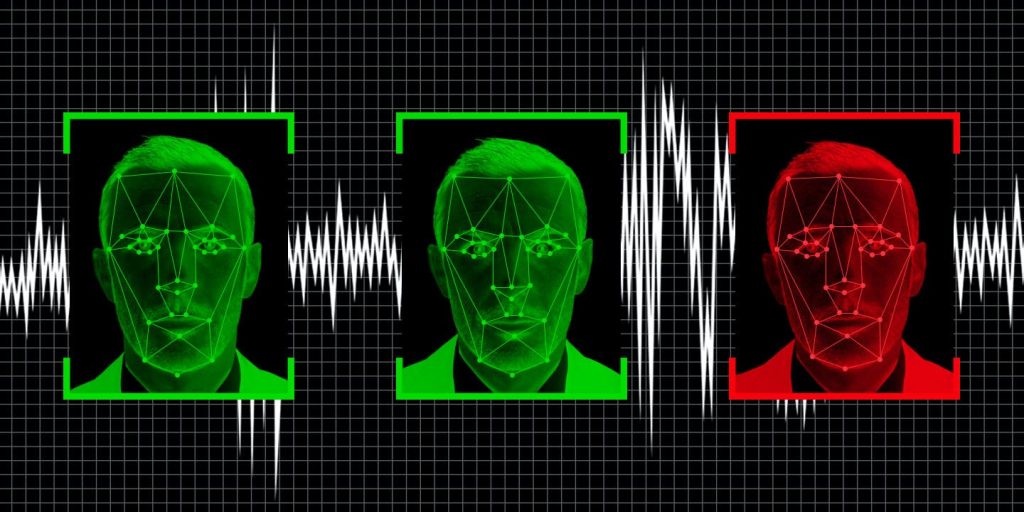
We tested Europe’s new lie detector for travellers – and immediately triggered a false positive
4.5 million euros have been pumped into the virtual policeman project meant to judge the honesty of travelers. An expert calls the technology “not credible.” IBorderCtrl’s lie detection system was developed in England by researchers at Manchester Metropolitan University. It claims that its virtual cop can detect deception by picking on the micro gestures the […]
Read More
Artificial intelligence in the courtroom
The impact of AI on litigation. The current use of AI in reviewing documents, predicting outcome of cases and predicting success rates for lawyers. This article highlights concerns about fallibility and the need of human oversight.
Read More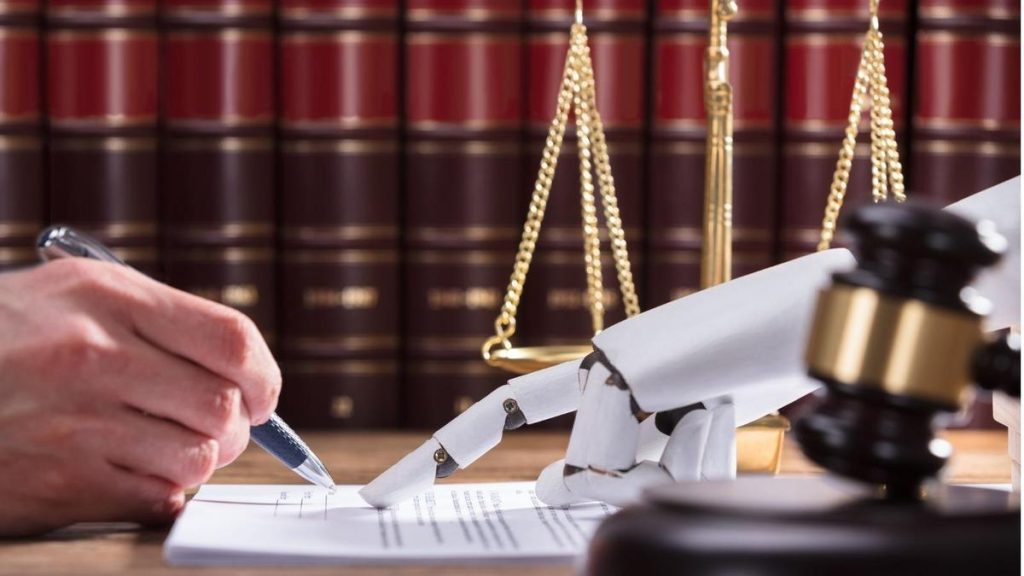
How AI is impacting the UK’s legal sector
We examine the impact of artificial intelligence on the UK’s legal sector
Read More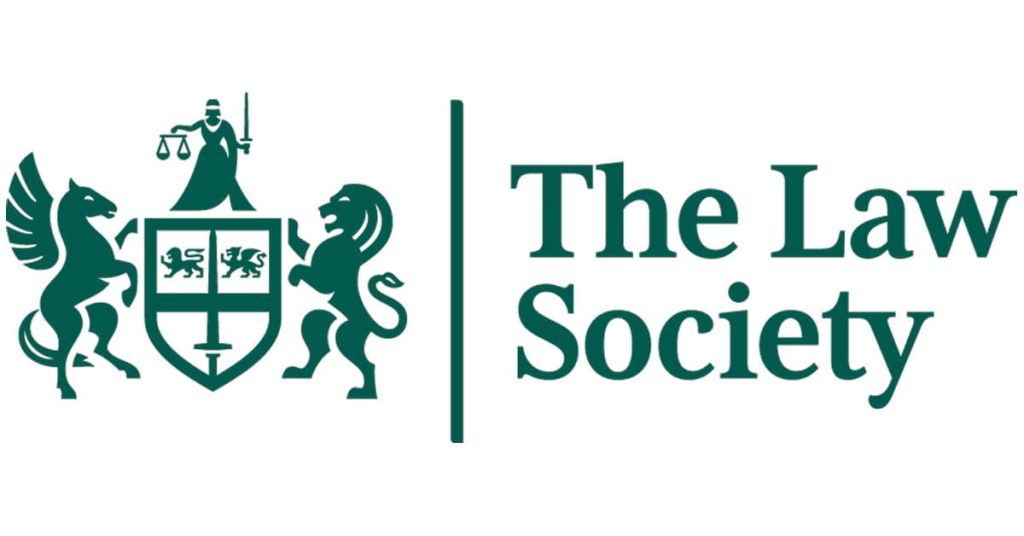
Six ways the legal sector is using AI right now
Law Society partner and equity crowdfunding platfrom Seedrs explains how developments within AI are taking law firms and solicitors to the next level. A article on how AI can be used in adjudication and law in general. It highlights that although AI has vast potential, there is not a broad adoption so far.
Read More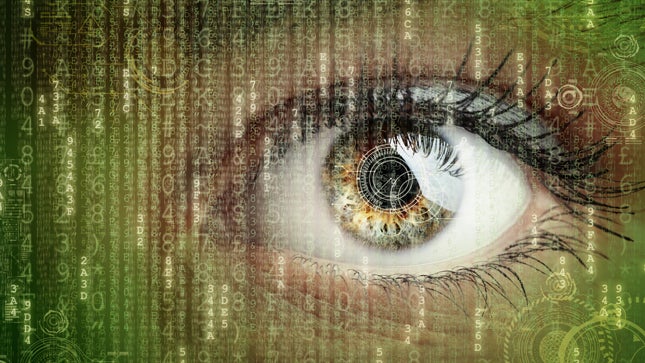
Facial recognition could stop terrorists before they act
In their zeal and earnest desire to protect individual privacy, policymakers run the risk of stifling innovation. The author makes the case that using facial recognition to prevent terrorism is justified as our world is becoming more dangerous every day; hence, policymakers should err on the side of public safety.
Read More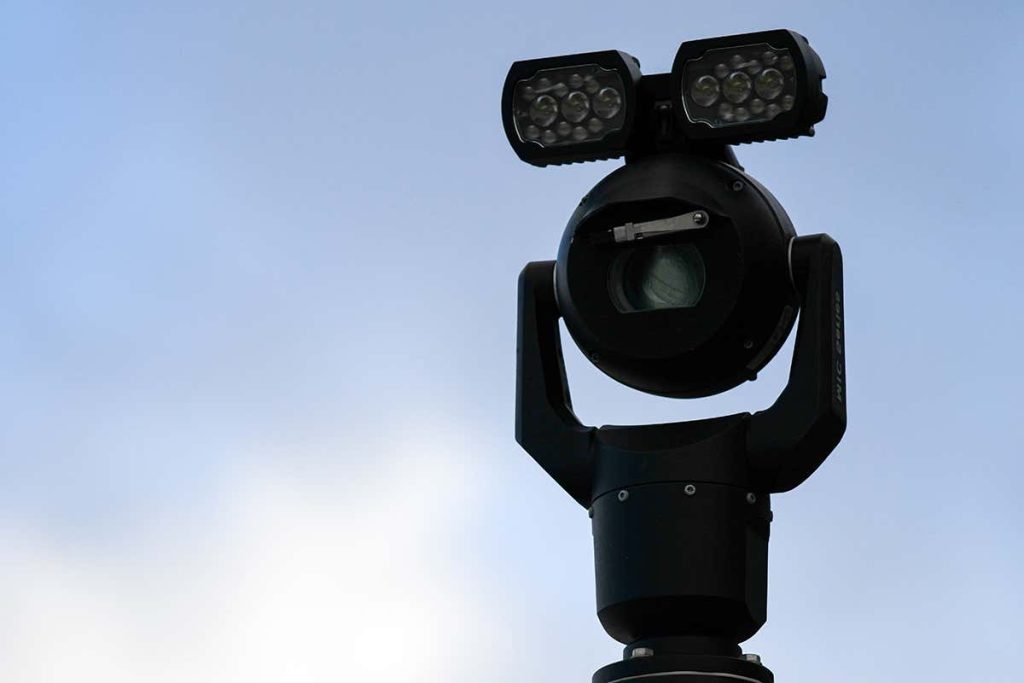
Is police use of face recognition now illegal in the UK?)
The UK Court of Appeal has determined that the use of a face-recognition system by South Wales Police was “unlawful”, which could have ramifications for the widespread use of such technology across the UK. The UK Court of Appeal unanimously decided against a face-recognition system used by South Wales Police.
Read More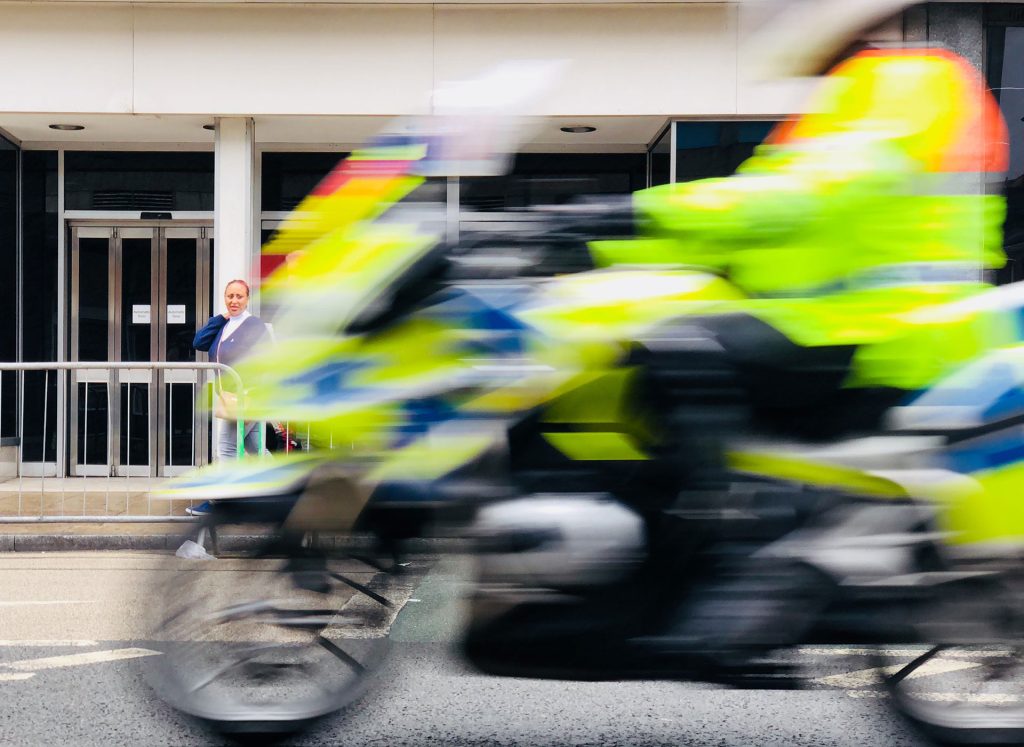
UK police adopting facial recognition, predictive policing without public consultation
UK police forces are largely adopting AI technologies, in particular facial recognition and predictive policing, without public consultation. This article alerts about UK police using facial recognition and predictive policing without conducting public consultations. It also calls for transparency and input from the public about how those technologies are being used.
Read More